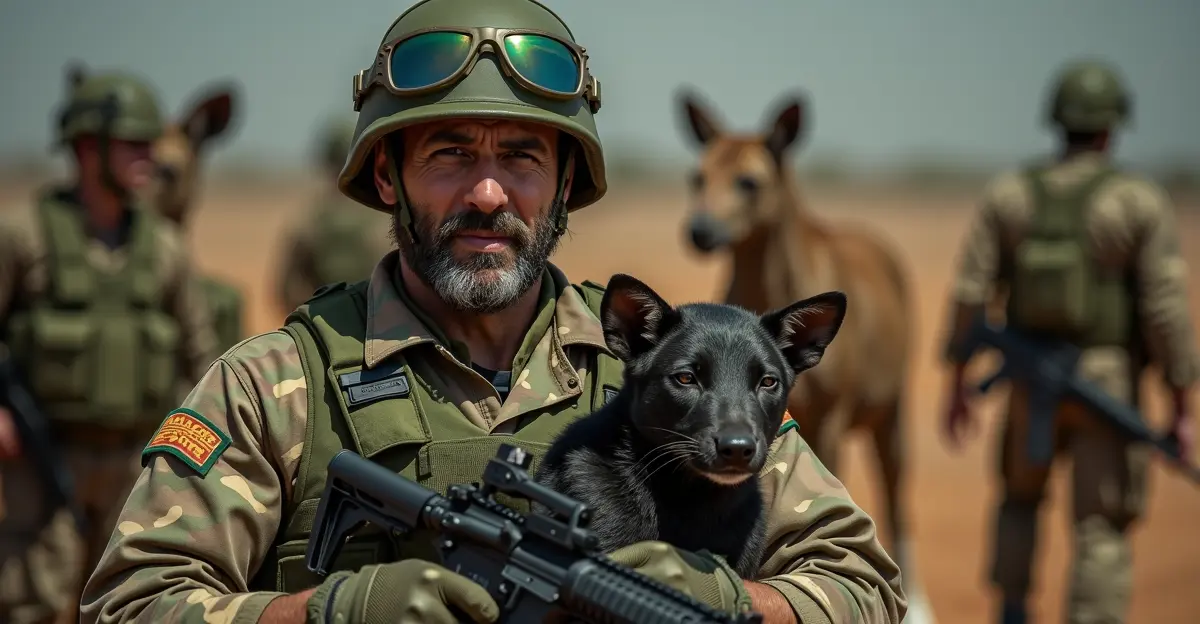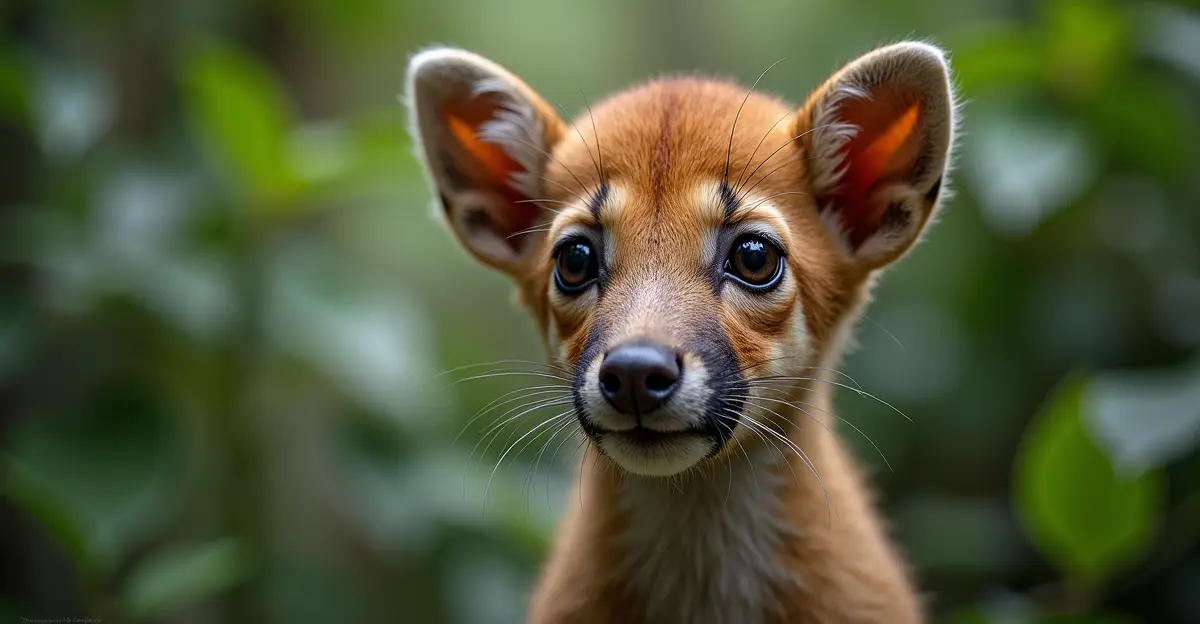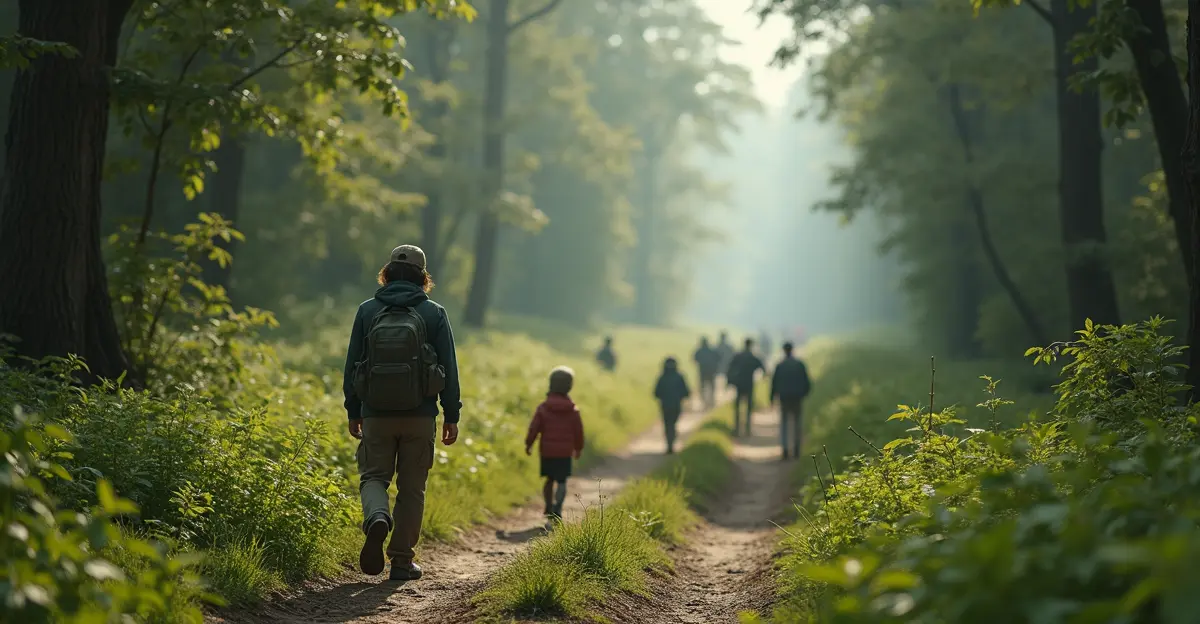Massive International Operation Uncovers Wildlife Crime Networks
In the largest-ever global wildlife trafficking crackdown, authorities have rescued nearly 20,000 live endangered animals and arrested 365 suspects across 138 countries. Operation Thunder 2024, coordinated by INTERPOL and the World Customs Organization, targeted six transnational criminal networks involved in the illegal trade of protected species.
Staggering Seizures Reveal Scale of Crisis
The operation revealed shocking statistics: 18 big cats including tiger cubs in the Czech Republic, 5,877 live turtles, 12 pangolins, 33 primates, and 1,731 reptiles were among the rescued animals. 'We're seeing organized crime networks exploiting demand for rare plants and animals, contributing directly to biodiversity loss,' said an INTERPOL spokesperson. The operation also identified over 100 companies involved in trafficking protected species.
Most Trafficked Species Face Extinction Threat
According to the International Fund for Animal Welfare, the world's most poached animals in 2025 include rhinos (over 7,100 killed from 2015-2025), elephants (90% of African elephants killed by poachers over 100 years), and pangolins - the world's most trafficked mammals. 'Wildlife traffickers are diversifying their targets, threatening biodiversity globally,' warned an IFAW conservation expert.
Cultural Drivers and Economic Motivations
Wildlife smuggling remains driven by cultural traditions and economic incentives. Traditional Chinese medicine, luxury bushmeat consumption, and the exotic pet trade continue to fuel demand. The illegal wildlife trade is valued at $7-23 billion annually, making it the fourth-largest criminal enterprise globally after drugs, firearms, and human trafficking.
Recent Trends Show Some Progress
A recent report indicates that ivory and pangolin scale trafficking from Africa has declined significantly since the COVID-19 pandemic, with seizures down 75-94% from 2019 peaks. However, traffickers are adapting by shifting operations to countries with weaker enforcement like Angola and Mozambique. 'While we're seeing positive trends, organized crime networks remain highly adaptive,' noted a wildlife crime analyst.
International Response and Future Challenges
The UN Office on Drugs and Crime's third World Wildlife Crime Report reveals that despite two decades of international efforts, wildlife trafficking persists globally, affecting approximately 4,000 plant and animal species. The report emphasizes the need for systematic analysis and evidence-based interventions to address this persistent challenge that threatens ecosystem health and climate resilience worldwide.

 Nederlands
Nederlands
 English
English
 Deutsch
Deutsch
 Français
Français
 Español
Español
 Português
Português










